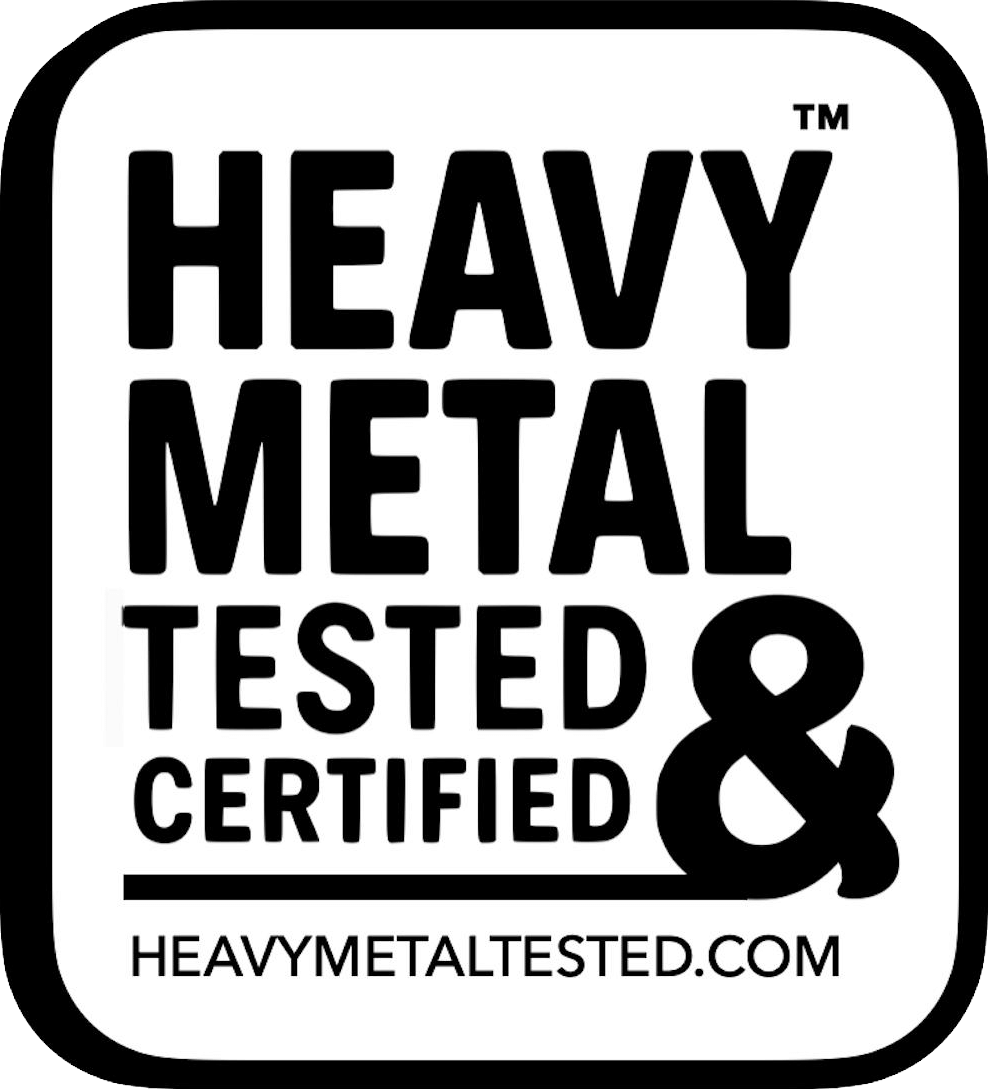What was studied?
This original research article conducted a pediatric health risk assessment for aluminum exposure in Lebanese infant foods intended for children under five years old, among Arab infants, with a specific focus on products available in Lebanon. The study systematically measured aluminum concentrations in a variety of infant formulas (n = 41) and baby food products (n = 76), including cereals, cornflakes, biscuits, and pureed foods. Utilizing flame atomic absorption spectrometry (FAAS), the researchers quantified aluminum levels. They compared the findings against international safety guidelines, notably the Joint FAO/WHO Expert Committee on Food Additives (JECFA) provisional tolerable weekly intake (PTWI). Estimated daily intakes (EDI), weekly intakes (EWI), toxicological contributions, and hazard quotients (HQ) were calculated for different age and gender groups among infants and young children to evaluate both exposure and potential health risks associated with dietary aluminum intake via these foods.
Who was studied?
The primary focus of the study on aluminum exposure in Lebanese infant foods was on Arab infants and children under five years of age, with the sample population represented by the infant formulas and baby foods available in the Lebanese market. The products tested reflect what is accessible to Lebanese children, including a broad range of brands and food types commonly consumed by this demographic. For exposure and risk calculations, the researchers used body weight data and consumption patterns derived from international (CDC) growth charts and product labels, respectively. This approach was necessary due to limited local data on actual consumption and growth trends. Thus, while the direct study subjects were not individual children, the risk assessment was constructed to model typical exposures for male and female infants and young children in Lebanon.
Most important findings
| Critical Points | Details |
|---|---|
| Aluminum Concentration Levels | Aluminum concentrations in all tested infant formulas and baby food products were below the maximal permissible limits set by international authorities (FAO/WHO: 400 µg/kg for formulas; EFSA: 5000–10,000 µg/kg for processed foods). The highest mean aluminum levels were found in cornflakes (0.361±0.049 mg/kg) and pureed foods (0.362±0.079 mg/kg). |
| Exposure Estimates (EDI/EWI) | The estimated daily intake (EDI) of aluminum for infants aged 0–23 months was 0.01 mg/kg body weight for males and 0.0104 mg/kg for females. The highest exposures occurred among infants aged 8–10 months, while the lowest were in those aged 3–5 months. Weekly intakes remained well below the JECFA PTWI of 2 mg/kg body weight per week. |
| Toxicological Contribution | The toxicological contribution of aluminum exposure to the PTWI was consistently low, with values less than 6% for males and less than 7% for females across all age categories. |
| Hazard Quotient (HQ) | Despite low absolute exposure, the calculated hazard quotient (HQ) exceeded 1 for both male and female infants, indicating a potential health risk based on current reference values. |
| Comparisons with Other Countries | Aluminum levels in Lebanese infant foods were lower than those reported in Saudi Arabia, Canada, Brazil, the UK, and Turkey, but higher than those in earlier Lebanese studies. |
| Method Validation | The analytical method showed high accuracy (recovery 88–102%, precision 95.5%), with an LOD of 0.04 mg/kg and LOQ of 0.12 mg/kg, ensuring reliability of the findings. |
Key implications
This research indicates that, although dietary aluminum exposure from infant formulas and baby foods in Lebanon is below international safety limits, the hazard quotient surpasses 1, signaling a potential health concern. For heavy metal certification programs, continuous monitoring, stricter regulation of aluminum in infant foods, and improved public awareness are recommended to mitigate risk for this vulnerable population.
Citation
Ibrahim C, Kammouni Z, Barake M, Kassir M, Al-Jawaldeh A, Matta J, Sacre Y, Hanna-Wakim L, Haddad J, Hoteit M. Pediatric Health Risk Assessment for Exposure to Aluminum from Infant Formulas and Children under the Age of Five’s Food Products among Arab Infants: Experience from Lebanon. Foods. 2022;11(16):2503. doi:10.3390/foods11162503

